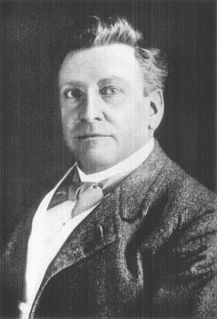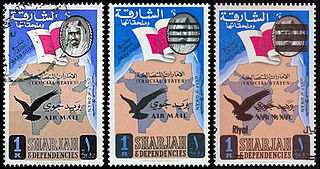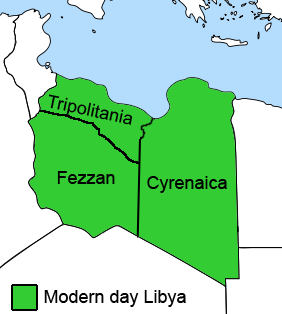Related Research Articles
East Africa and Uganda Protectorates was the name used by the combined postal service of the British protectorates, British East Africa and Uganda, between 1 April 1903 and 22 July 1920.

This is a survey of the postage stamps and postal history of Iraq. It includes special uses under the Ottoman Empire as well as occupation issues.
This is a survey of the postage stamps and postal history of British East Africa.

This is a survey of the postage stamps and postal history of Zululand under British rule.

The Leverhulme Trust is a large national grant-making organisation in the United Kingdom. It was established in 1925 under the will of the 1st Viscount Leverhulme (1851–1925), with the instruction that its resources should be used to support "scholarships for the purposes of research and education."

A charitable organization or charity is an organization whose primary objectives are philanthropy and social well-being.

The British post offices in Morocco, also known as the "Morocco Agencies", were a system of post offices operated by Gibraltar and later the United Kingdom in Morocco.

Civil mail from Sharjah went through the post office in Dubai until 1963. Military mail from the British Forces stationed in the area went through the RAF airport in Sharjah.
The National Literacy Trust is an independent charity based in London, England, that promotes literacy.
Percival Stuart Bryce Rossiter was a renowned British philatelist and postal historian who wrote extensively about British postal history and postage stamps of British colonies in Africa and was involved in numerous philatelic institutions. In his Will he created The Stuart Rossiter Trust which has become a leading publisher of books on postal history.

The story of Japan's postal system with its postage stamps and related postal history goes back centuries. The country's first modern postal service got started in 1871, with mail professionally travelling between Kyoto and Tokyo as well as the latter city and Osaka. This took place in the midst of the rapid industrialization and social reorganization that the Meiji period symbolized in Japanese history. Given how the nation's railroad technology was in its infancy, Japan's growing postal system relied heavily on human-powered transport, including rickshaws, as well as horse-drawn methods of delivery. For example, while commemorating the 50th anniversary of Japan's postal service, the country's 1921 government released decorative postcards depicting intrepid horseback riders carrying the mail. This however was done to compare postal transport in past and present, as the other card showed modern transportation viz. rail and shipping. The railroad net from the north to the south, Aomori to Nagasaki, was completed in 1889. Prior to 1920s, local delivery was mainly by men- and horsepower, not principally different to Europe.

This is a survey of the postage stamps and postal history of Cyrenaica, now part of Libya.

This is a survey of the postage stamps and postal history of Biafra.

This is a survey of the postage stamps and postal history of Zanzibar.

The following is a survey of the postage stamps and postal history of Somalia. From the late 1800s to 1960, northwestern present-day Somalia was administered as British Somaliland, while the northeastern, central and southern part of the country were concurrently administered as Italian Somaliland. In 1960, the two territories were unified as the Somali Republic.

This is a survey of the postage stamps and postal history of Uganda.

This is a survey of the postage stamps and postal history of Kenya.
This is a survey of the postage stamps and postal history of Madagascar, briefly also known as Malagasy.
The Greyhound Trust is a national UK charity, founded in 1975 with the vision of "A day when all racing greyhounds retire to loving homes and are treated with compassion and kindness. Originally founded as the National Greyhound Racing Club Retired Greyhound Trust, and known for many years as the "RGT", the charity has found homes for over 100,000 greyhounds, and currently homes around 4,000 a year.
The Ancient India and Iran Trust was founded in 1978, and occupies a unique position in the UK. It is the only independent charity concerned with the study of early India, Iran & Central Asia, promoting both scholarly research & popular interest in the area. It has a library of over 25,000 volumes and it organises a range of activities including conferences, public lectures and visiting fellowships. The primary interest of the Trust has been in prehistory, archaeology, art history and ancient languages, but this often extends to more modern topics and other disciplines.
References
- ↑ Charity Commission Profile http://www.charity-commission.gov.uk/ShowCharity/RegisterOfCharities/ContactAndTrustees.aspx?RegisteredCharityNumber=292076&SubsidiaryNumber=0
- ↑ http://www.rossitertrust.com/ Rossiter Trust home page